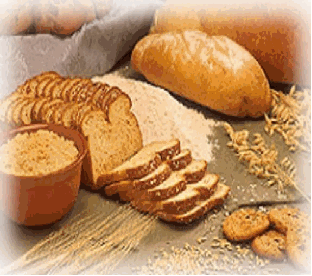|
by Pettus Read
A few years back, I heard and used in one of my articles a story about a farmer who had decided to quit farming and do something else. When he was asked why he was giving up the farming career he had been involved in for so long, he said, "There are just too many 'ups' for me."
When he was challenged on his statement about too many "ups" he offered this explanation for quitting. He said, "First, you have to wake up, then you have to get up. Next you have to wash up, feed up, and hitch up. Then you have to catch up and keep up. When you check up, you find you've hardly enough to pay up and that's when I gave up."
As spring arrives in the rural communities around this state, most of us find it hard to believe that anyone would want to give up a life of farming. But, if you are a farmer and read all the press lately about food costs, food shortages in the world, ethanol and other stories that seem to want to blame those who are into farming and agriculture in general, I can sort of understand how they feel. Being one myself accused of having an agricultural bias when I write (you think), I also feel the jabs when misdirected stories about food and farming come our way. However, we all need to understand that farming is a business just like the shops in town or the manufacturer in the industrial parks. Farmers have their ups and downs the same as any business, with the main goal being to keep the books in the black.
Farms must make a profit to survive, and with the continued movement of suburbia into the farming communities along with farm land costs going out of sight to farm, adding in energy costs and farm supply costs, profitably on the farm is not at all like what some New York City writers think it is when they hear about $6 a bushel corn.
|
|

